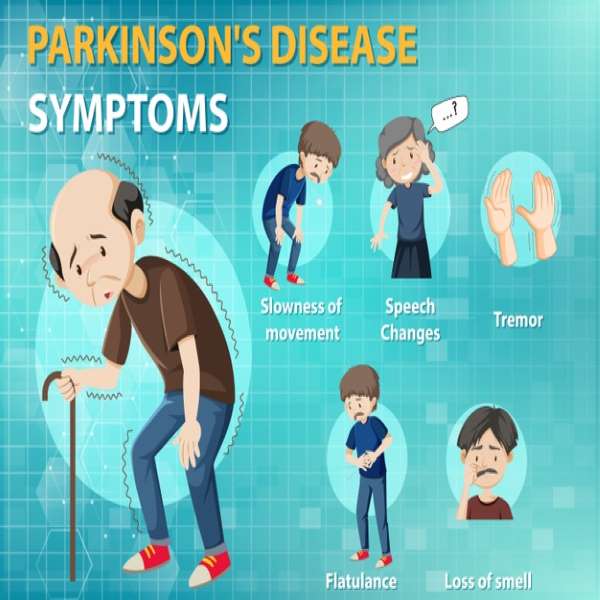پژوهشگران دانشگاه اِگ ترکیه و دانشگاه اروپایی لفکه قبرس در پژوهشی مشترک که به تازگی منتشر شده است به بررسی روابط بین اعتماد سازمانی و فرسودگی شغلی در بین کادر درمانی بیمارستانها پرداختند.
??? روش پژوهش:
در این پژوهش پیمایشی توصیفی، ۱۵۵ پرستار داوطلب شرکت نمودند. پرسشنامههای فرسودگی شغلی مسلچ، پرسشنامه اطلاعات دموگرافیک، و پرسشنامه اعتماد سازمانی توسط داوطلبان تکمیل شدند.
?? ? نتایج نشان دادند:
- بین فرسودگی هیجانی و اعتماد سازمانی رابطه معنادار منفی در سطح فردی و سازمانی برقرار است.
- رابطه منفی معنادار بین فرسودگی شغلی و اعتماد در سطح همکاران وجود دارد.
- رابطه منفی معنادار بین مسخ شخصیت و اعتماد در سطح کارفرما و سطح همکار وجود دارد.
- رابطه منفی معنادار بین کاهش موفقیت فردی و اعتماد در سطح کافرما وجود دارد.
?? ? پیشنهادات کاربردی:
?راهبرد بهینه برای افزایش اعتماد سازمانی، سنجشهای مداوم شاخصهای سلامت، استرس و فرسودگی شغلی در بین کارکنان به شیوه منظم و ادواری است.
??آموزش مهارتهای زندگی شغلی به کارکنان در مقاطع مختلف شغلی، بویژه بصورت سالانه، به افزایش اعتماد سازمانی، کاهش استرس و فرسودگی شغلی، و افزایش بهرهوری سازمانی کمک شایانی میکند.
An examination of the correlation between nurses’ organizational trust and burnout levels
Abstract
Introduction:
Decrease in the organizational trust level of nurses, leads to increase turnover rate of nurses, causes an increase in workload, causes a decrease in motivation and quality of patient care. The results caused by the lack of organizational trust is important for both individuals and organizations.
Aim: To investigate the relationship between nurses’ organizational trust and burnout level.
Method:
This descriptive and relational study is carried out at an university hospital with 155 nurses who were agreed to participate. Data were collected with Identifying Information Form, Organizational Trust Inventory and Maslach Burnout Inventory. Data were analyzed with numbers, percentage, mean standard deviation, spearman correlation analysis and multiple linear regression.
Findings:
A negative, very weak and statistically significant relationship was found between emotional exhaustion level and trust in employer level (r = ۰٫۳۰۴, p < ۰٫۰۱) and trust in institution level (r = ۰٫۳۳۵, p < ۰٫۰۱); a negative, very weak and statistically significant relationship was found between emotional exhaustion level and trust in colleagues level (r = ۰٫۲۴۰, p < ۰٫۰۱); between depersonalization level and trust in employer level (r = ۰٫۳۱۵, p < ۰٫۰۱); between depersonalization level and trust in colleagues level (r = ۰٫۲۸۲, p < ۰٫۰۱); between reduced personal accomplishment level and trust in employer level (r = ۰٫۲۳۸, p < ۰٫۰۱).
Results:
It was concluded that there was a statistically significant relationship between the nurses’ organizational trust level and burnout level. In addition, organizational trust was a significant predictor of emotional exhaustion, depersonalization and reduced personal accomplishment level.
Keywords
Organizational trust, Burnout, Nursing.
لینک منبع پیشنهادی برای مطالعه بیشتر  (further reading)
(further reading)










